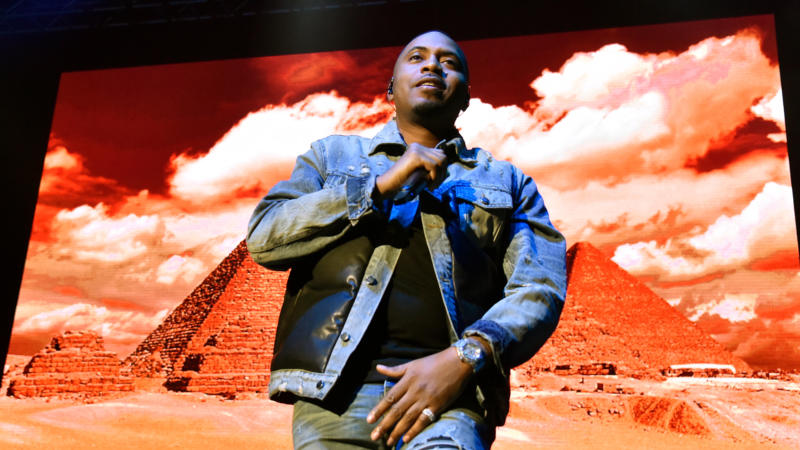Nas was in a Twitter Space earlier today talking about the importance of his partnership with Royal, and he explained how this partnership wasn’t about the money for him. Instead, it was about empowering people to make financial decisions best suited for them.
Join the party and tune into @Twitter Spaces live today at 2PM ET / 11AM PT 🌐🔐
THE DROPS ⬇️
💎 Ultra Black: 1PM ET / 10AM PT
💎 Rare: 9PM ET / 6PM PT pic.twitter.com/4TezZdC6RF— MASS APPEAL (@MassAppeal) January 11, 2022
“Fractional ownership probably means a lot more to a lot of other artists than it does for me, but this isn’t really for the money for me,” Nas said on Twitter Spaces. “This is just a way to see how doing something like this can build and expand with the core base that I got and encourage artists.”
For Royal CEO, co-founder, and renowned electronic artist Justin “3LAU” Blau, the partnership with Nas also meant democratizing the opportunity for NFT ownership, which can prove cost-prohibitive for the average investor.
“I think everyone who’s in this space knows that a lot of NFTs are just price prohibitive,” he said in the Space. “A lot of people really want to engage in the ecosystem and don’t know how. And in designing Royal, we really wanted to give people the right opportunity to get involved with credit cards. You know, with a simple email login and gradually have them guided into the Web 3 ecosystem because for a lot of people, it’s hard, you know?”
Previously, Blau explained that he set up Royal for artists to connect with their fans in new and different ways. Nas (whose real name is Nasir bin Olu Dara Jones) is the first artist to sell his royalty rights through Royal. The limited digital assets include streaming royalty rights to his tracks, “Ultra Black” and “Rare.”
However, it must be noted that as of this writing, the launch is still not active, and Blau cautioned people against purchasing fakes and instead, to wait for the real thing.
What does Nas' partnership with Royal entail?
As AfroTech previously reported, 50 percent of streaming rights for each of the Nas tracks will be available for sale thanks to the partnership between Nas and Royal. The move gives fans first dibs on ownership rights to the two songs previously mentioned.
The concept is similar to the “Bowie Bonds” that the late David Bowie issued all the way back in 1990.
With the Bowie Bonds, the late “Ziggy Stardust” musician was able to raise $55 million from investors, who were promised a share of the royalties in return for their investment. Other Black artists — including Ashford & Simpson, Marvin Gaye, and James Brown — did the same thing after Bowie found success with it. The Bowie Bonds were so successful, in fact, that a novel based on their success was written about them.


